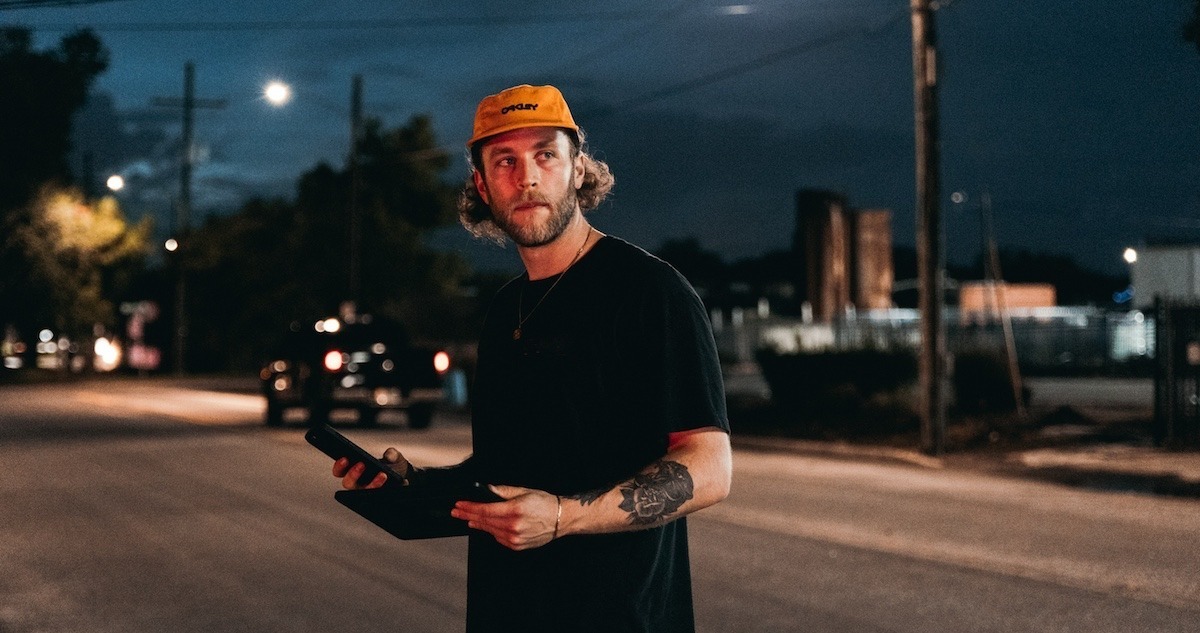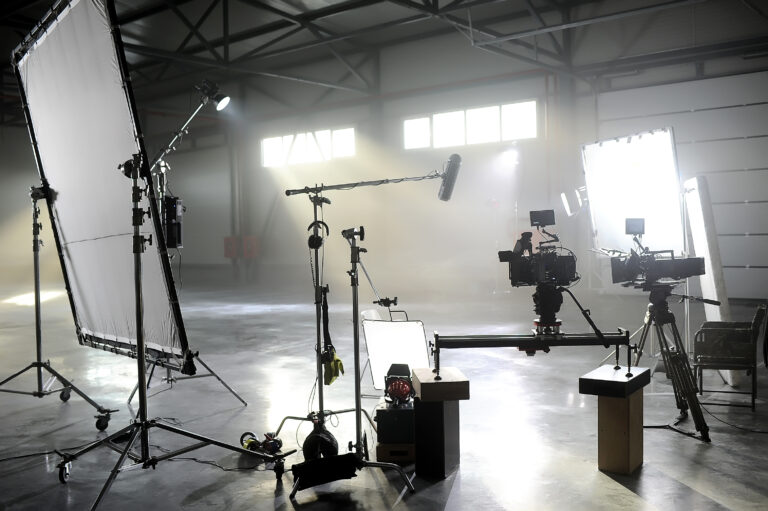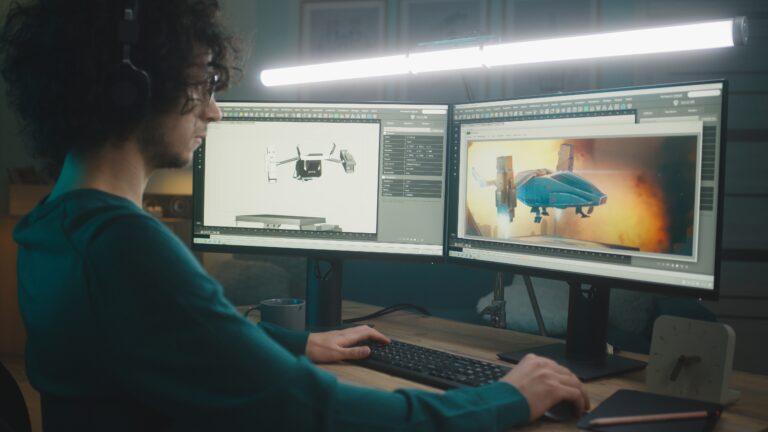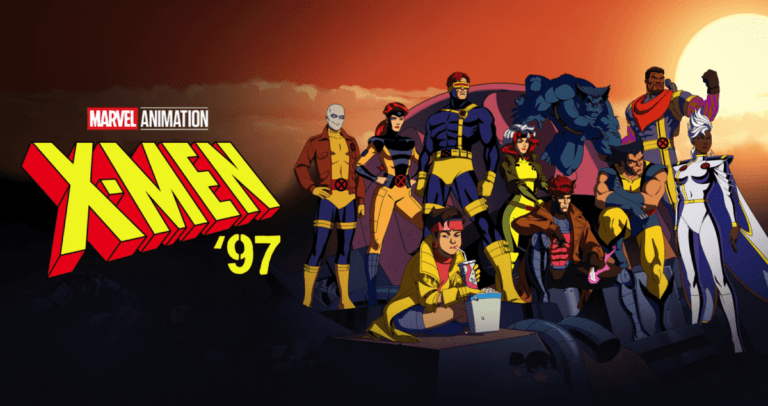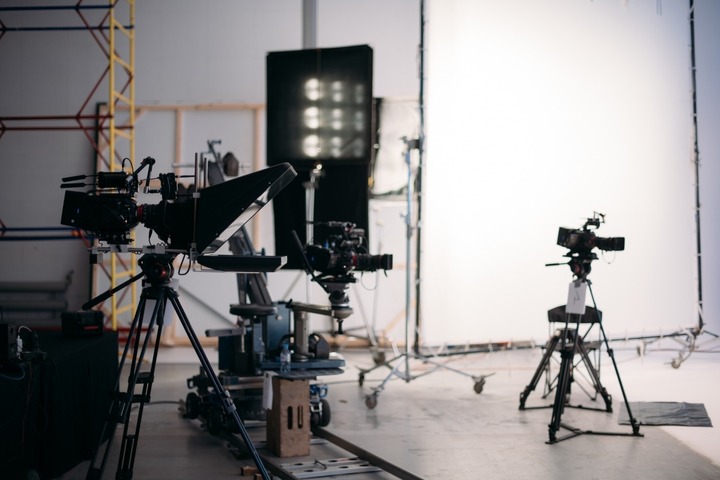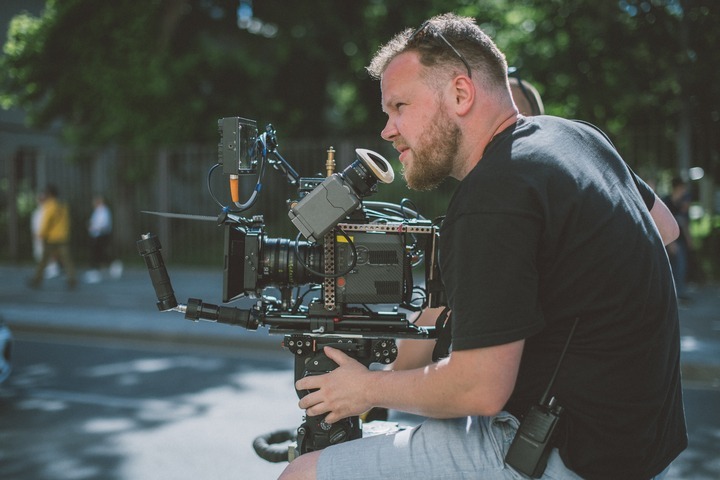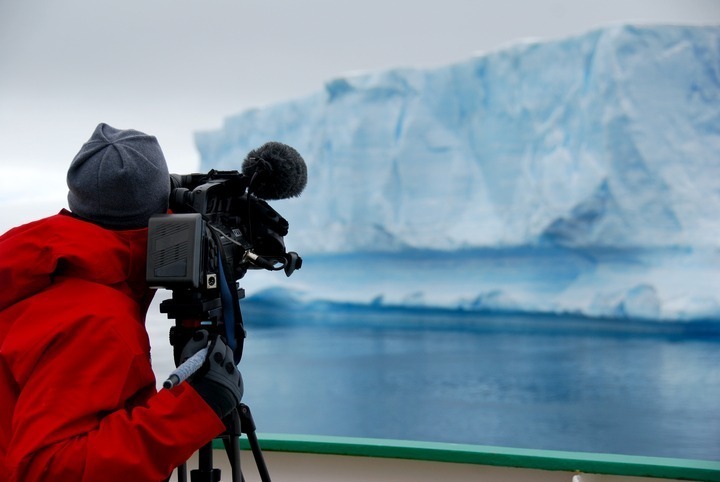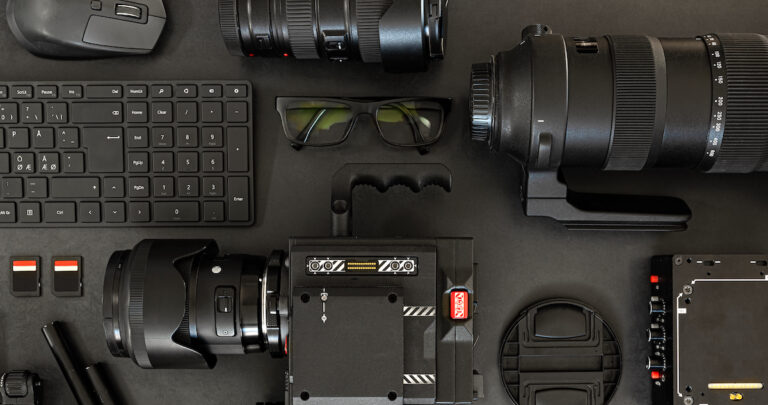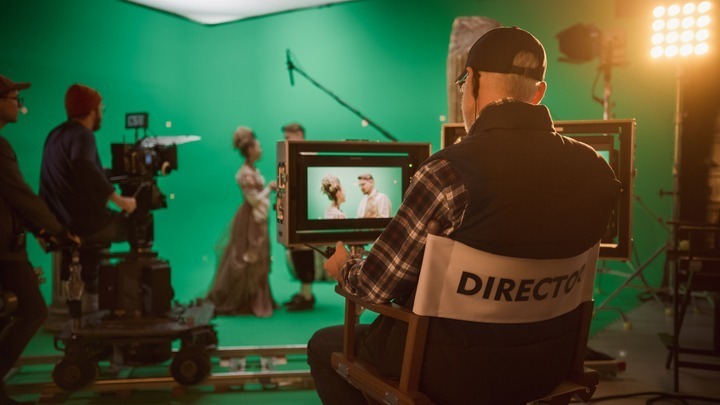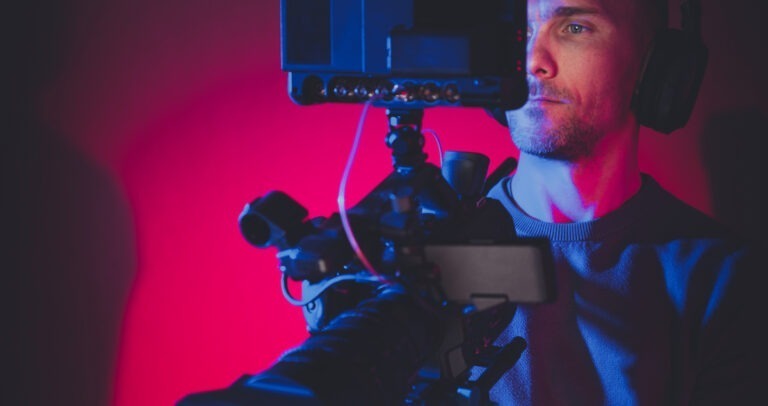The documentary producer – a most fascinating and creative visionary. Just think of David Attenborough’s captivating narration in ‘Planet Earth,’ or Michael Moore’s thought-provoking storytelling in ‘Bowling for Columbine.’ But what exactly does a documentary producer do behind the scenes? Well, they transform ideas into a compelling visual journey that educates and entertains audiences.
And at Voice123, we understand the transforming power of inspirational content – both in audio and video. So in this post, we’ll explore what is a documentary producer, what they do, and the skills you need to become a documentary producer.
Get ready to steer your next documentary to cinematic glory!
What is a documentary producer?
A documentary producer is a film expert who develops, organizes, and supervises a documentary project from start to finish, and since they’re in charge of all aspects of the project, at times, they take on the roles of manager, director, investor, and even cinematographer. Their responsibilities include formulating creative concepts, securing necessary funding and permissions, meticulously budgeting and scheduling, conducting in-depth research, and structuring story narratives. A producer of documentaries also plays a multifaceted role in the artistic and technical facets of production, like editing, sound blending, and color enhancement.
For example, a documentary producer may want to develop a wildlife migration documentary called “Serengeti Symphony.” So they’ll start by securing funding from conservation groups, planning shoots with experts and animals, and creating a budget for equipment and travel. Then they collaborate with editors to guide the story’s flow and ensure legal permissions to create an awe-inspiring journey through the Serengeti’s creatures for audiences. But what steps do these professionals follow to create their masterpieces?
What does a documentary producer do?

First, a documentary producer pitches ideas for a film and works with writing teams to develop the story arc. Second, they secure funding, negotiate contracts, and ensure that costs stay on budget. Third, they coordinate production logistics like scheduling, location scouting, and obtaining permits. Fourth, they hire talented voice over artists like those on Voice123 to bring their story to vocal life. And finally, they oversee the post-production process, like editing the footage, creating graphics and animations, mixing the audio, and ensuring that all production teams meet their deadlines.
A documentary producer is also in charge of technical aspects like ensuring the correct setup of camera equipment, lighting, and sound recording. Documentary producers check that every angle and frame line up with the narrative’s essence, capturing soundscapes flawlessly. Ultimately, each word and whisper should resonate on-screen with clarity. A documentary producer can spend countless hours in the editing room working with technical teams to seamlessly align shots, sequence scenes, and pace narratives. So, when the final cut emerges, it transforms raw footage into an impactful production.
Now, let’s look closer at the creative process of documentaries.
What creative process does a producer of documentaries follow?
A producer of documentaries follows a 9-stage creative process that includes 1) idea generation and research; 2) concept development; 3) pre-production; 4) production; 5) post-production; 6) narrative structure and storytelling; 7) sound design and voice overs; 8) color correction and visual enhancement; and 9) distribution and promotion.
Here’s a brief overview of each one.
1. Idea generation and research
A documentary producer must identify compelling and relevant subjects based on their interests, societal issues, or historical events. Then they conduct extensive research to gather information, facts, and perspectives that shape the narrative.
2. Concept development for a documentary producer
Producers of documentaries must decide on the film’s tone, style, and storytelling techniques. They can choose between different documentary styles like observational, participatory, investigative, or poetic, depending on what best suits the subject matter.
3. Pre-production
During pre-production, the documentary producer plans and organizes tasks like scriptwriting, budgeting, scheduling, securing funding or investors, assembling the production team, and obtaining necessary permissions, permits, and access to locations and interviewees.
4. Production
Most of the filming occurs during the production stage, so the documentary producer ensures the team captures interviews, event footage of locations, and other elements necessary to tell the story.
5. Post-production
The documentary producer oversees footage editing, sound design, music composition, visual effects, and graphics during post-production. They also manage how the editor shapes the documentary’s narrative, pacing, and emotional resonance.
6. Narrative structure and storytelling
Documentaries follow various structures, like chronological, thematic, or non-linear. For documentary producing, the storytelling process involves weaving together interviews, archival footage, reenactments, and other visual elements to create a compelling and cohesive narrative.
7. Sound design and narration
A documentary producer oversees sound design elements like background noise, ambient sounds, music, and narration. From Morgan Freeman’s ‘March of the Penguins’ to Sigourney Weaver’s narration in ‘Secrets of the Whales,’ they hire pro voice actors like those on Voice123 to enhance the documentary’s emotional resonance.
8. Color correction and visual enhancement
Color correction and grading maintain consistency in the overall visual quality of the documentary. A documentary producer can add visual effects that enhance storytelling or aesthetics.
9. Distribution and promotion
Once the project is complete, the documentary producer decides on distribution strategies like film festivals, online streaming platforms, theatrical releases, or television broadcasts.
What skills are required for producing a documentary?
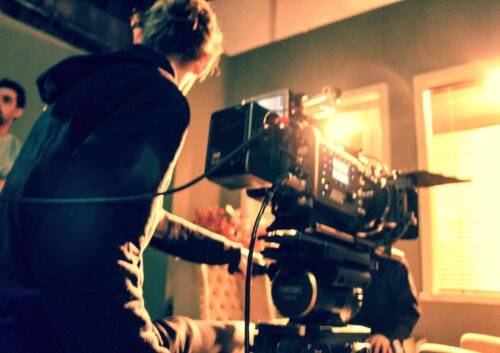
The skills required for producing a documentary include a multifaceted skill set of creativity, precision, time management, flexibility, and strategic insight. Their core focus is research so that documentary producers can unearth compelling narratives and authentic information that captivates audiences with credible content. They also need financial and project management skills to deftly allocate resources, striking a delicate balance between creative vision and financial constraints. Effective communication and interpersonal skills also help them navigate collaborations with stakeholders, researchers, cinematographers, editors, and distributors. And they can flexibly steer through unexpected twists and turns during filming, from weather-related challenges to unforeseen logistical hurdles.
Final thoughts on a documentary producer
A documentary producer is a key production figure who lends their expertise and experience to the success of any documentary. And by following their creative process, you too can create masterful documentaries. So focus on idea generation and research, concept development, pre-production, production, post-production, narrative structure and storytelling, sound design and voice overs, color correction and visual enhancement, and distribution and promotion.
And when you’re ready to launch your next documentary, you’ll find the best narrator voices from the talented voice over artists on Voice123.
From inception to applause, it’s time to shape your dreams into an award-worthy reality.
FAQs on a documentary producer
A documentary producer oversees all aspects of the production process, like researching topics, developing a script, finding locations and resources, hiring crew members, managing the budget, scheduling, and coordinating with other departments.
How much documentary producers make varies based on project scale, experience level, budget, and distribution. But their salary or fee can range from $50,000 to several hundred thousand dollars or more. High-profile documentaries with successful distribution and sales pay more, while independent or newer producers pay less.
The producer is responsible for the project’s overall logistics, like securing funding, managing budgets, organizing schedules, and handling administrative aspects. While the director focuses on the creative vision, overseeing storytelling, camera work, interviews, and the visual and narrative style of the documentary.
A documentary director guides the creative and artistic aspects of the film, making decisions about the storytelling approach, visual style, interviews, and overall narrative structure.


